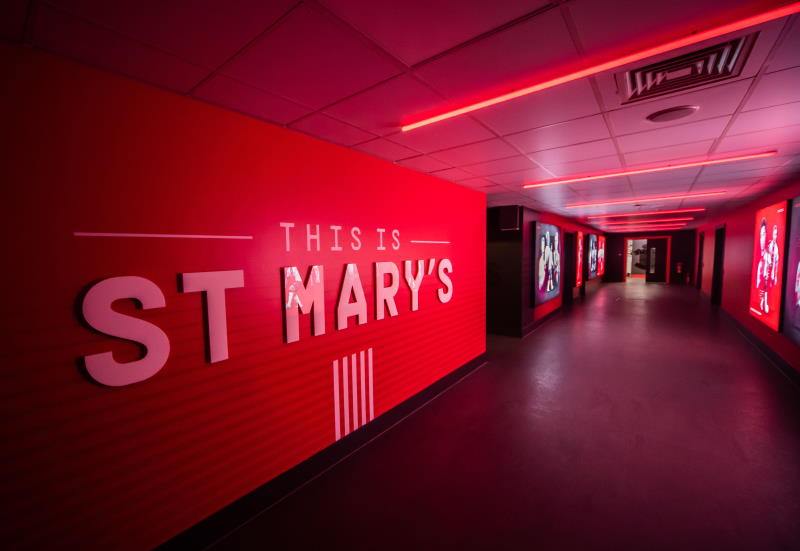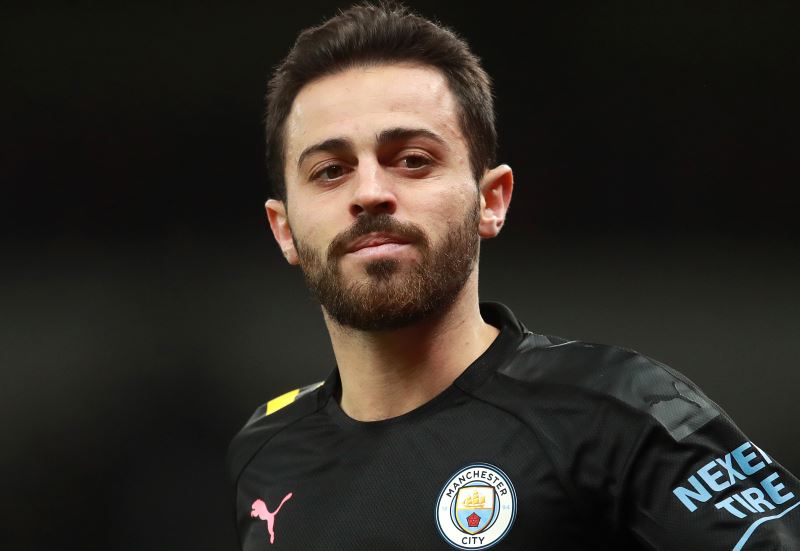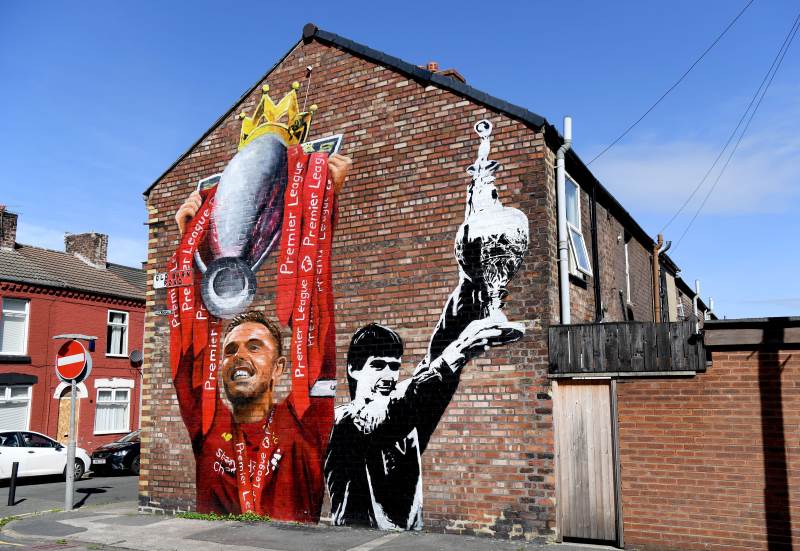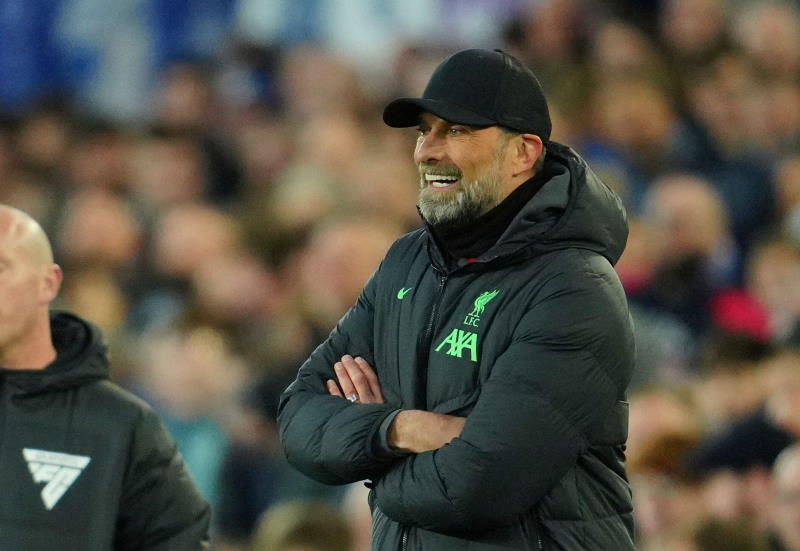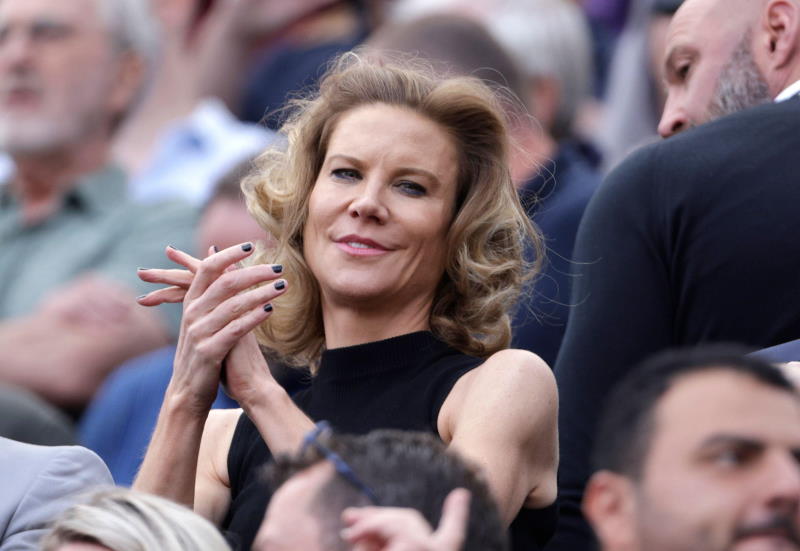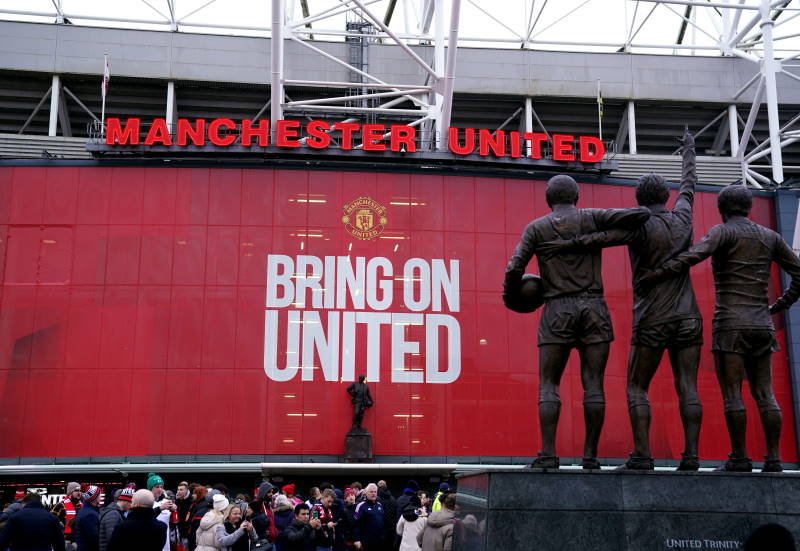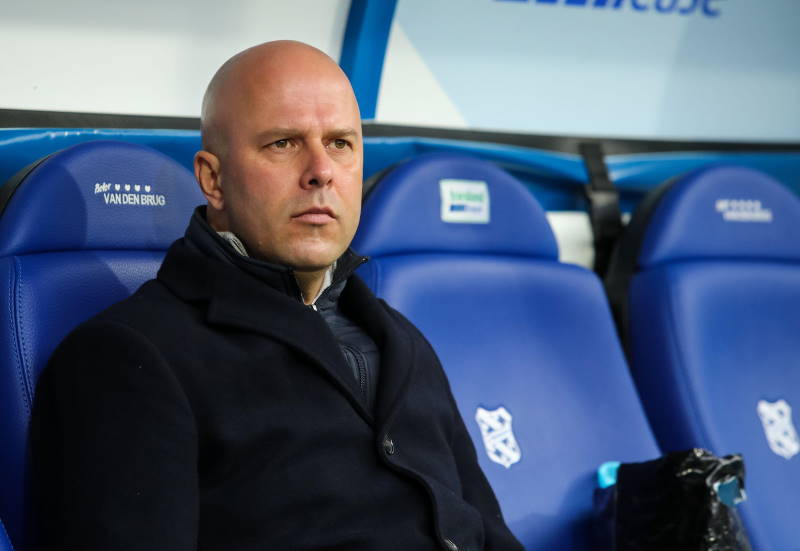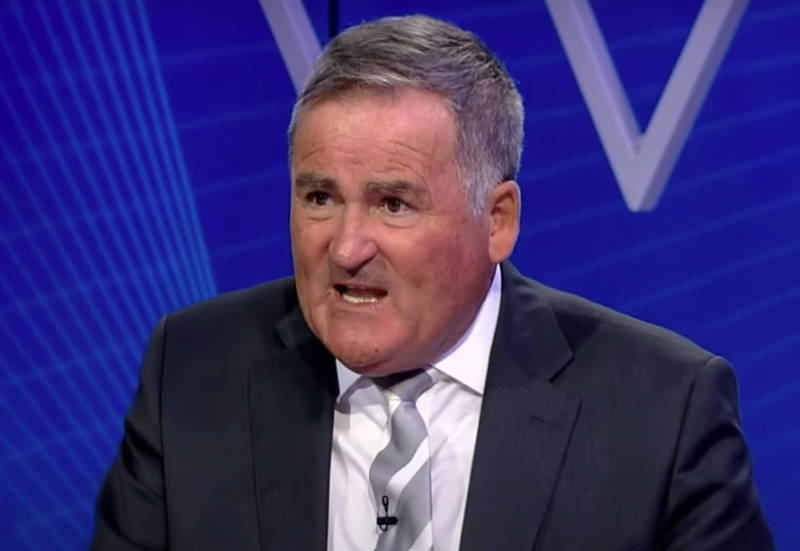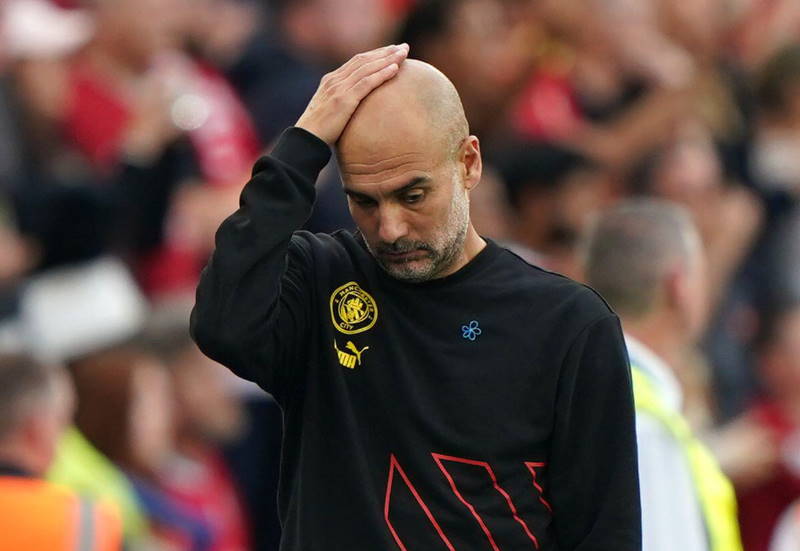
It may surprise even some Polish football followers that neither of the country’s two most successful clubs, as far as the record books are concerned, have won the league for over two decades. And during that time, they have managed to win only one Polish Cup between them – Ruch Chorzow (pronounced Rook Hor-zhoov) lifted that 14 years ago.
As often happens in football, a country’s two most succesful clubs are near neighbours – such as Liverpool and Manchester United whose centres are seperated by just 30 miles. Or, Juventus and AC Milan, which are just an hour’s drive apart. And in this case it is no different as Ruch Chorzow’s record 14 league championships are matched by their Katowice conurbation neighbours, Gornik Zabrze.
There was a time when these clubs’ names generated respect and even fear throughout the Polish top flight, the Ekstraklasa, but nowadays they get little of the former and none of the latter. Today, Polish club football is dominated by the ‘provincial’ cities, as Silesians from the Katowice urban sprawl sometimes refer to Krakow, Poznan and even the capital Warsaw.
Will the two former giant fish, albeit in the small pond of Polish football, ever taste the glories of the past again? Whenever they meet, as with any fierce derby, large crowds pack the stadium of whichever club is hosting the event. When Ruch are at home, they have often moved the match to the massive bowl of the Slaski Stadium which is still the traditional home ground of the Polish national side and used to hold over 100,000. Due to its age the old stadium’s capacity has been halved, and even despite Ruch and Gornik’s lack of recent success, that venue has still managed to sell out.
This season’s first meeting between the deadly rivals – literally, as it has resulted in the recent death of one fan – took place over the weekend, at Gornik’s small stadium. Its restricted 13,000 capacity was filled to the brim, but for tens of thousands of Silesians of both persuasions who could not get tickets, there was added frustration. The country’s most popular sports satellite station Canal+ decided not to show the game live, which went out on the lesser-viewed Orange Sport. It resulted in a chorus of complaints from both sets of administrators and fans, one of the few occassions when they form a united front.
The ‘great Silesian derby’ as it is known locally, has been taking place since 1956 which was when the newer boys Gornik (it means ‘miner’ in Polish) arrived in the big time. This communist-formed club quickly took off and within twelve years had racked up eight championship titles, which took them to just one less than their older rivals Ruch. During that era, the miners produced a great team and arguably, Poland’s greatest ever footballer, Wlodzimierz Lubanski.
In 1968, Gornik reached the European Cup semi-final where they just lost out 2-1 on aggregate to the eventual winners Manchester United, who included the great George Best and Bobby Charlton in their line-up. The second leg was watched by 105,000 at the Slaski Stadium in Chorzow, although Gornik had managed to draw a record 120,000 to it a few years earlier in another European Cup match against Austria Vienna. A couple of years later, the side, which was beginning to show its age, reached the old European Cup Winners Cup final in Vienna, where they lost 1-0 to another English club, Joe Mercer’s Manchester City.
This weekend’s match, the 108th between the duo, was won 1-0 by Gornik who have only just returned to the top flight after spending a season in the second division. As Ruch have likewise been in the doldrums for so long that only the older fans can remember what success tastes like, ‘the great Silesian derby’ is very much a local affair nowadays.
This very important province of Poland has been left behind in the plans for the 2012 European Championships, which Poland is scheduled to co-host with Ukraine. Industrial Silesia, for so long the traditional stronghold of Polish football, will not be hosting any of the grand tournament’s matches. It has however awakened these hardened people, the Polish equivalents of Britain’s Liverpudlians, or Germans of the Ruhr, to the need for modernisation and upgrading. And when they do get it together, it could well add an extra dimension to what has the potential to become one of Europe’s most competitive football leagues.

